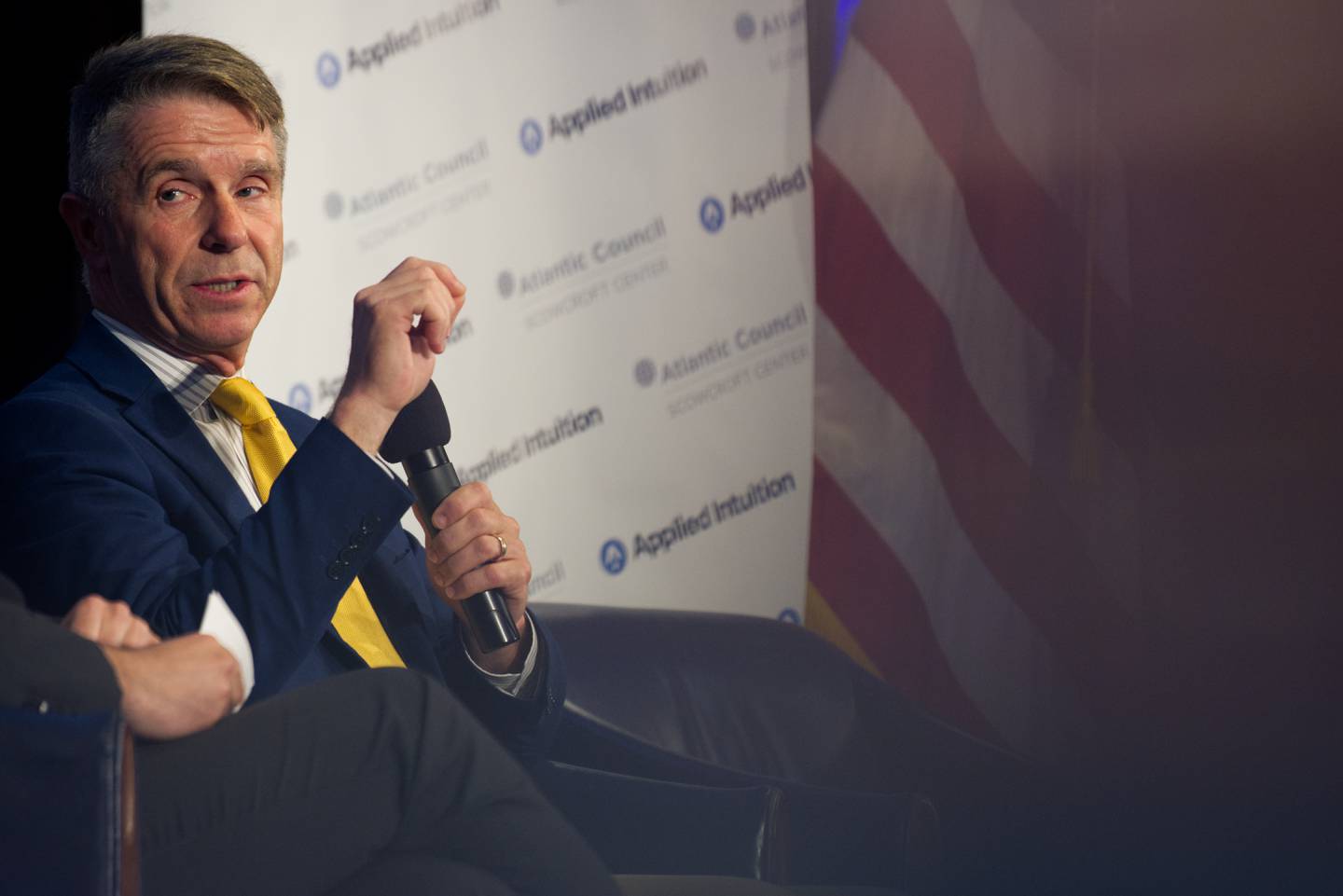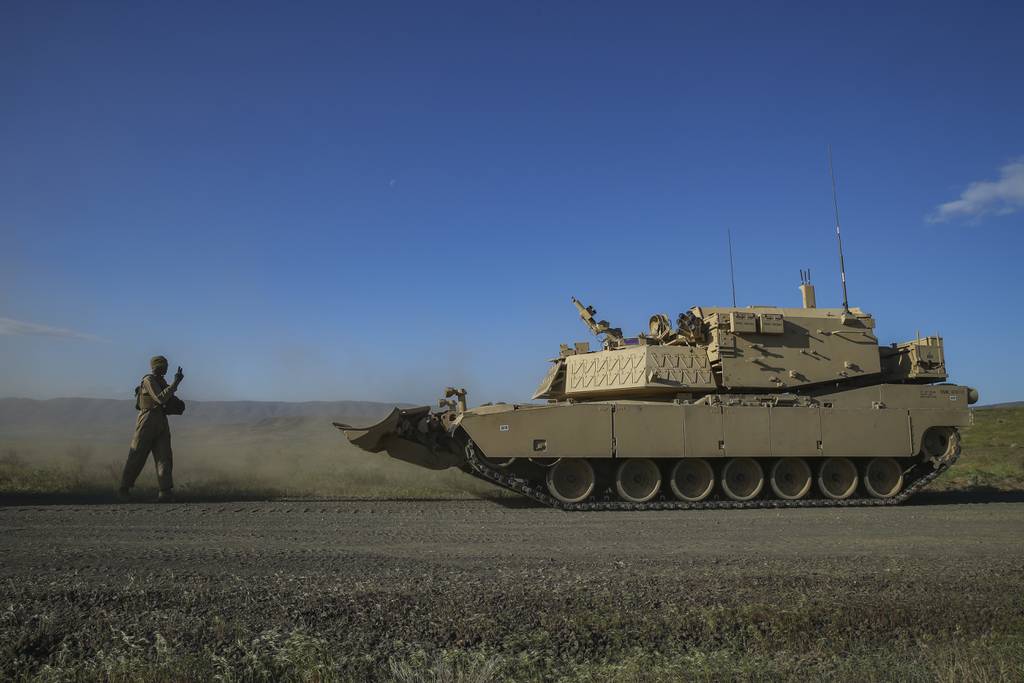WASHINGTON — A bill introduced this month by a pair of congressmen would create an office inside the U.S. Department of Defense to align and accelerate the delivery of autonomous technologies for military use.
The Autonomous Systems Adoption & Policy Act would nest a so-called Joint Autonomy Office within the relatively new Chief Digital and Artificial Intelligence Office, or CDAO, according to Rep. Rob Wittman, R-Va., one of the lawmakers involved, and would shake up a status quo that is “not going to do it.â€
The Defense Department is leaning into AI as a means to buttress abilities on the battlefield and in the back office. Army, Air Force and Navy leaders have all produced plans banking on the technology to augment human decision-making and firepower. Wittman and co-sponsor Rep. Dutch Ruppersberger, D-Md., say particular attention is needed on autonomy.
“We want to make sure that the technology that is out there is not just being applied in a spot, quick way,†Wittman said May 17 at the Nexus 23 defense conference, hosted by Applied Intuition and the Atlantic Council at the National Press Club in Washington. “Autonomy holds great promise in many different systems, and we don’t want it limited by how one service branch sees autonomy. We want to make sure that it’s looked at from a broad perspective.â€

More than 600 AI projects were underway at the Pentagon as of early 2021, according to a public tally. The joint office envisioned by Wittman and Ruppersberger would provide a single point of accountability for the incorporation of autonomy across the military, among other responsibilities.
“We’ve seen in the Pentagon where there has been movement towards autonomy at a faster pace than has happened in the past,†Wittman said. “If we’re going to have unity of purpose, it needs to be in a single place. It needs to be resourced from a single perspective.â€
Wittman serves on the House Armed Services Committee and leads its tactical air and land forces panel. Ruppersberger co-chairs the House Army Caucus and is a member of a defense appropriations subcommittee.
The CDAO was established in December 2021 and hit its first full strides months later. Billed as an overseer and expeditor of all things AI and analytics, it subsumed what were the Joint Artificial Intelligence Center, the Defense Digital Service, the Advana data platform and the chief data officer’s role.
Asked if he or Ruppersberger have spoken with CDAO boss Craig Martell about the legislation, Wittman said there have been “some preliminary conversations with folks†to shape it. Defense Department officials, he said, are “situationally aware of the things we’re trying to do.â€
Colin Demarest was a reporter at C4ISRNET, where he covered military networks, cyber and IT. Colin had previously covered the Department of Energy and its National Nuclear Security Administration — namely Cold War cleanup and nuclear weapons development — for a daily newspaper in South Carolina. Colin is also an award-winning photographer.








